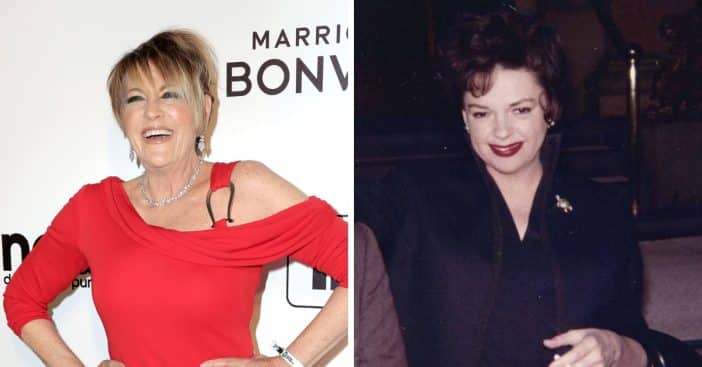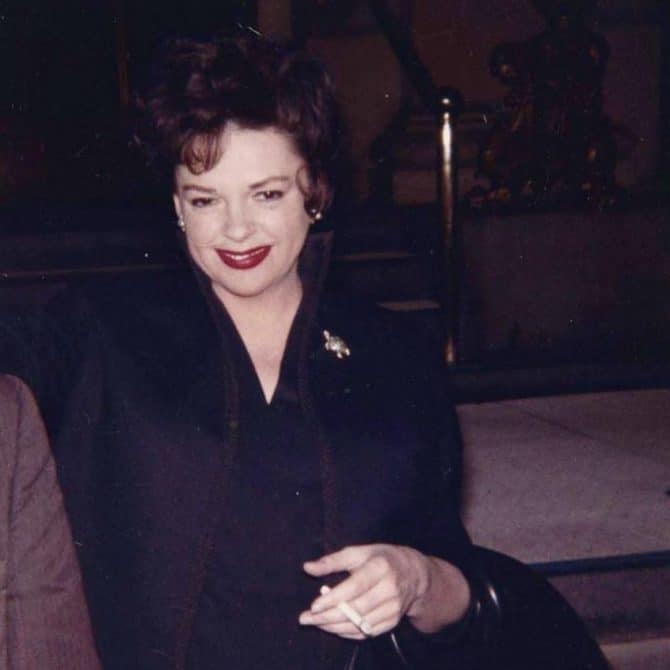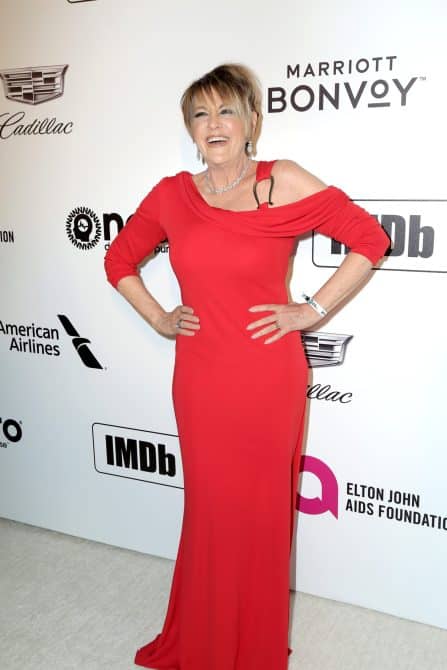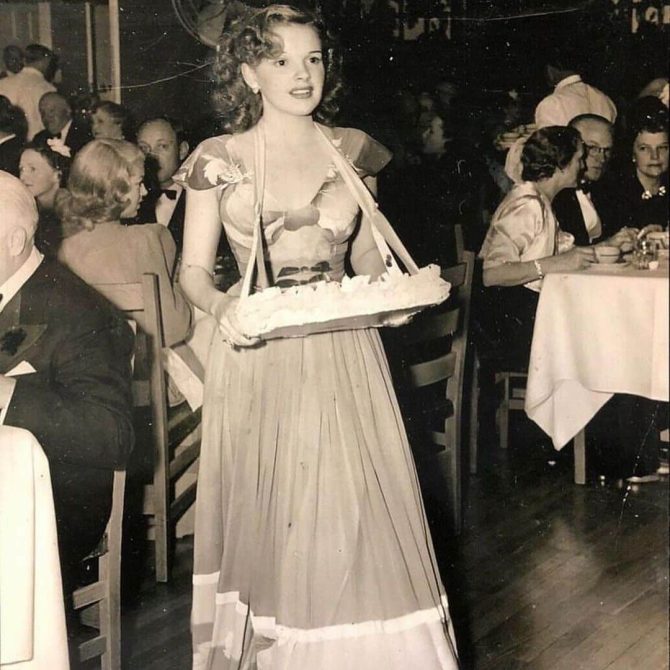
Judy Garland enjoyed a prosperous career in the film industry, achieving notable acclaim for her portrayal of Dorothy in the 1939 classic The Wizard of Oz. Despite leaving an enduring legacy as one of Hollywood’s most memorable stars, Garland grappled with addiction during the zenith of her career, ultimately influencing her untimely demise.
This struggle left a profound impact on her family, notably affecting daughter Lorna Luft, who was a mere 16 years old at the time. In a recent interview, Luft fondly reflected on her late mother, shedding light on Garland’s approach to raising her children and providing insights into the familial dynamics shaped by the iconic Hollywood figure.
Lorna Luft says she perceived her late mom differently from what people saw

In an interview with The Messenger during the Inaugural Stonewall Inn Brick Awards Gala, which took place recently in New York City to celebrate the achievements of leaders in the LGBTQ+ community from around the world, Luft revealed that her late mother taught all her kids to treat everyone equally. “Never, ever make anyone feel different than yourself,” she told the news outlet. “And that’s because that’s how she saw the world.”
RELATED: Liza Minnelli, Lorna Luft Speak On Judy Garland’s Legacy Ahead Of 100th Birthday
She also explained that although her mother built an iconic personality through her work and affiliations, she only wants to remember her as her mother. “Being able to sing with her and being able to watch her work as not just my mom, I’m very, very grateful. She was everyone’s icon and she was everyone’s legend, but she was my mom, I knew her in a totally different way than the rest of the world.”

Lorna Luft speaks about her mom’s commitment to the LGBTQ community
She explained that her mom had close ties with the LGBTQ community at a period when the concept was still new. “You have to remember what year it was,” Luft noted. “People were very closeted and no one was really out talking [about being LGBTQ+].”

While speaking about the Stonewall Riots, which took place in 1969, a week after her mom’s death, Luft revealed that although the event has since been forgotten, there is a need to make it known to upcoming generations. “I was 16 in 1969, and I had lost a parent, so I didn’t know about the riots until many years later,” she confessed. “We have to keep the story on track and educate a couple of generations of people who don’t know about what happened and how Pride was born.”
